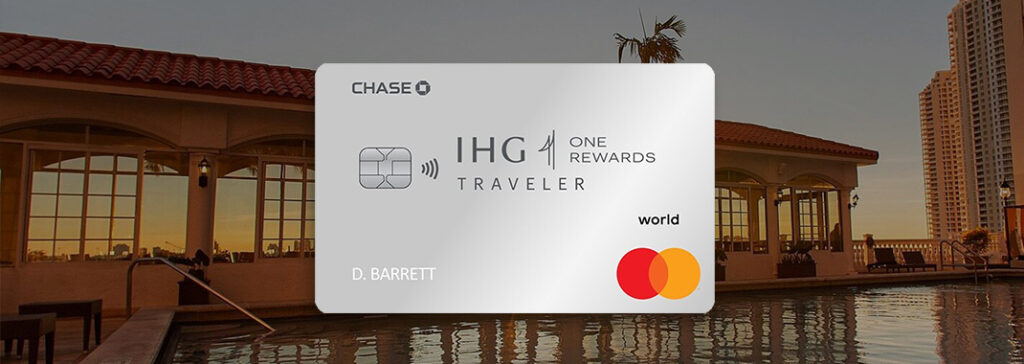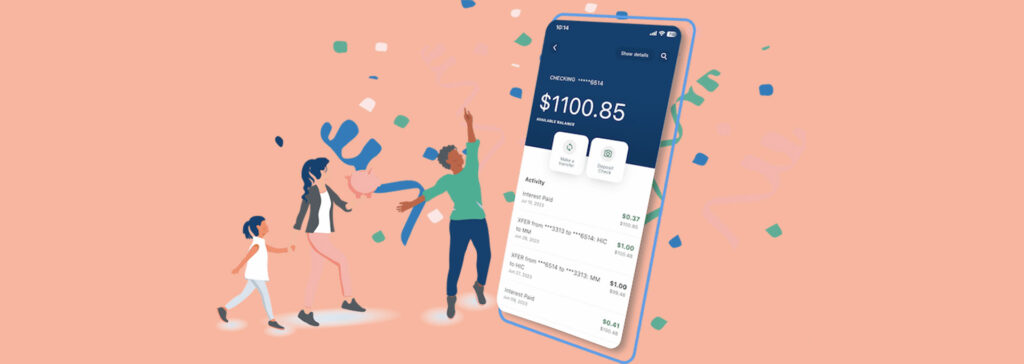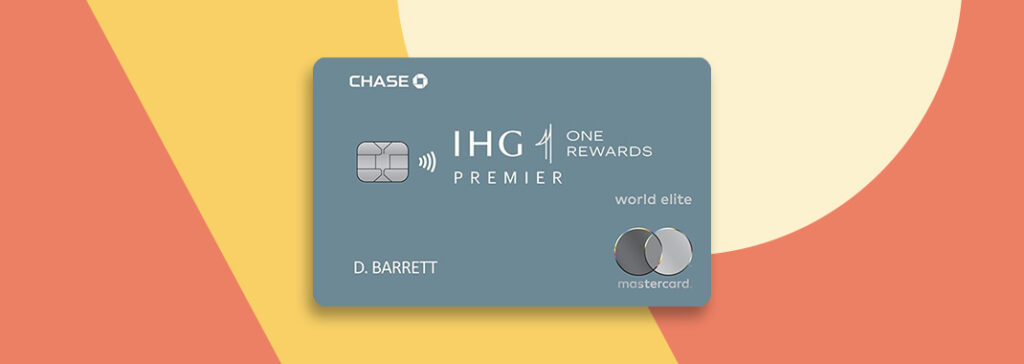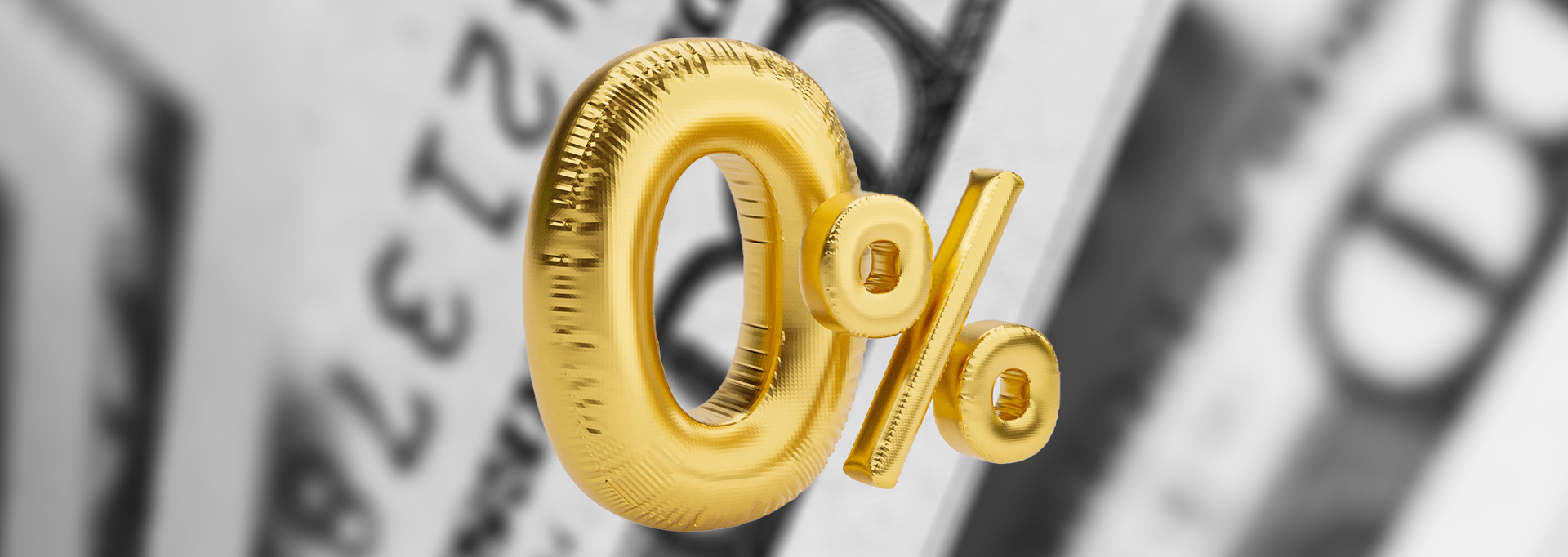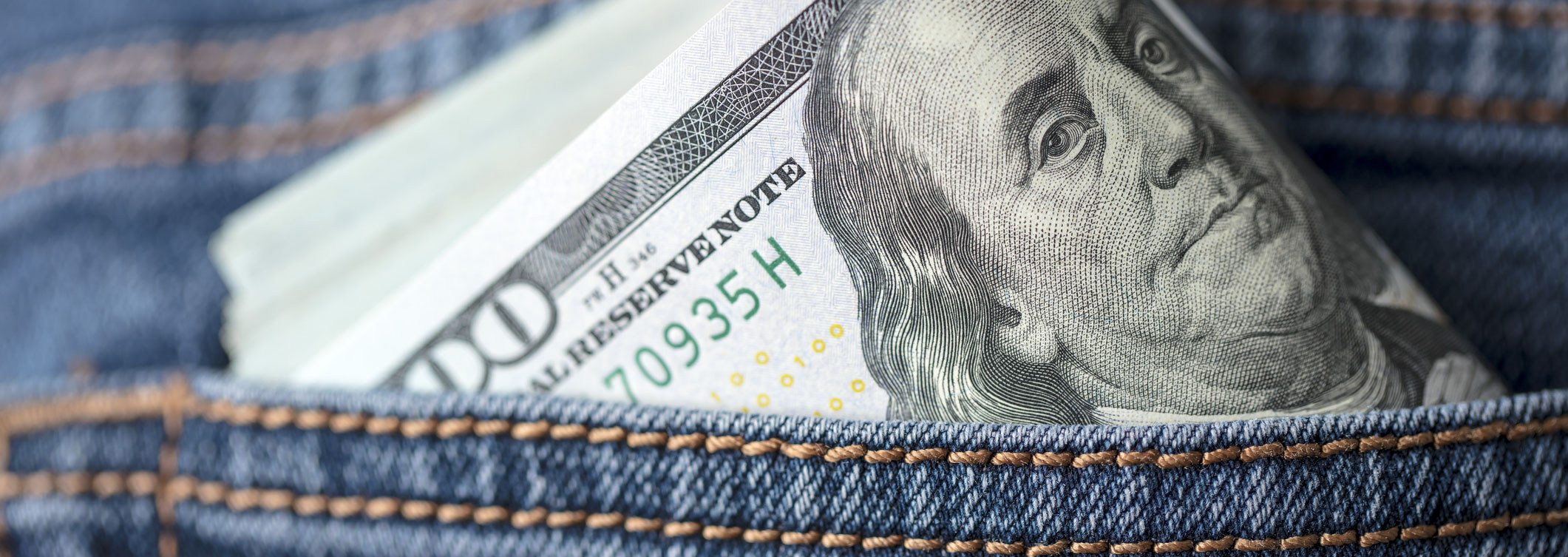Most products on this page are from partners who may compensate us. This may influence which products we write about and where and how they appear on the page. However, opinions expressed here are the author's alone, not those of any bank, credit card issuer, airline or hotel chain.
A personal loan is usually a solid place to turn to if you're short on funds and looking for financing options. Personal loans are flexible in what you can use them for, and you can put the funds toward anything from debt consolidation to home improvements to living expenses.
That being said, a personal loan with no interest might seem like a head-scratcher. How can a loan where you don't need to pay any interest fees make money?
Let's shine a light on whether no-interest personal loans are legit, their advantages and downsides, and telltale signs of a scam.
Do No-Interest Personal Loans Exist?
In short, no-interest loans do exist and they can be legit.
While not as commonly spotted among traditional personal loans, you might stumble upon a no-interest personal loan within the realm of medical loans, auto loans, and retailers that sell furniture, appliances, and electronics.
You might also be able to get a no-interest personal loan through a credit union or regional bank. And while these are technically not personal loans, transferring an existing credit card balance to a zero-APR transfer card, or borrowing against your 401(k) fund also don't come with interest fees.
A loan where you don't have to pay interest has inherent appeal. As a result, these loans might be advertised as zero interest for a promotional period. But buyer beware: If you fail to pay off your loan before the promotional period ends, you might be faced with serious penalties such as ultra-high APRs—costing you more in the long run.
Are No-Interest Personal Loans Too Good to Be True?
While personal loans that don't come with any interest fees are legit, there are some things you should keep in mind:
Interest vs. APR: it's important to note the difference between interest and an APR. While an interest rate is how much you pay in interest and is expressed as a percentage, the APR reflects the total cost of the loan, and includes fees to get financing. And because the APR folds in different fees tacked onto the loan, it's usually higher than the interest rate.
Fine print: You'll also want to be mindful of what you're getting into that's beyond the interest rate. Take your time to comb through the fine print and terms. While there might not be an interest fee, should you fall behind on your payments, or aren't able to pay off the balance of the loan within the promotional period, you could be looking at interest fees added to your loan after the fact. What's more, the interest rate could be significantly higher than if you had a standard personal loan.
Depending on the loan, in some instances falling behind on a single payment could nix the no-interest period entirely. Then you'd be stuck with a high-interest loan.
 Related Article
Related Article
Best No-Fee Personal Loans
Pros and Cons of a No-Interest Personal Loan
While no-interest loans do exist and can be a legit way to secure financing, there are advantages and downsides to keep in mind:
Pros
- Save money on interest
- May enable you to pay off the loan more quickly
- Don't need to provide collateral
Cons
- May pay more in interest down the line
- Might take on more debt than needed
- Many are scams or predatory loans
Pros
- Save money on interest. The biggest advantage of a loan with no interest fees is how much you can save on interest fees alone. In addition, you could save a significant chunk of change by only having to pay for the principal.
- Pay off the loan more quickly. Similarly, if you only need to pay off the principal on a loan, you could crush that debt in a shorter time.
- Don't need to provide collateral. Many personal loans are unsecured, so you won't have to offer an asset, such as a car or a home, to qualify for the loan. However, unsecured loans usually mean you'll likely need a higher credit score.
Cons
- Might pay more in interest down the line. As mentioned before, if it's a zero-interest loan during a promotional period, once the period ends you're looking at interest—usually far higher than with a standard personal loan. Depending on the terms, should you fall behind on a single payment, that might put an end to the no-interest period.
- Might take on more debt than needed. Because a no-interest loan seems like a deal, you might be tempted to take on a higher amount than you actually need.
- Scams abound. A personal loan where you hypothetically don't have to pay a single cent in interest has obvious appeal, which means that scammers and imposters may be lurking. Their intent? To get money from you with a bogus loan. When shopping around for a no-interest loan, you'll want to keep an eye out for scams (which we'll get into next).
What to Watch Out For
Financial scams are no joke—and seem to be on the rise. According to the Federal Trade Commission (FTC), consumers lost more than $5.8 billion to fraud in 2021, a 70% uptick (or $1.2 billion) in 2020. Here are some signs of an obvious scam when you're out shopping for a personal loan.
Asks for money upfront.
When applying for a loan, you should never be charged. Likewise, if a scammer demands payment before processing your application, beware. If the supposed lender asks for payment via prepaid card, gift card, or wire transfer, those are telltale signs.
Guaranteed approval.
Another red flag is if the supposed lender claims that you're guaranteed approval and funding. All legit lenders have financial and credit criteria, and you won't know if you get a loan until after you've applied.
Many lenders offer prequalification, which tells you the amount, rates, and terms you most likely will be approved for. It's not until you formally apply for a loan that you'll know whether you're approved.
They don't have a website or physical location.
If the scammer doesn't have a website, nor a physical address or location listed anywhere, then the "lender" isn't who they say they are. If your spidey senses are signaling that something is awry, do your due diligence. See if you can find a website, address, contact info, or any company reviews on trusted sites such as the Better Business Bureau or TrustPilot.
They're not registered in your state.
Check to see if the name of the lender is registered in your state. If not, then the so-called lender might actually be a scammer.
They put on pressure.
If the scammer tries to pull the "act now or lose out" card or make you feel like it's an urgent matter, hit the "pause" button. Don't give them any personal or financial information, and avoid chatting with them further.
They reached out to you.
If the supposed lender called, texted, sent you an email, or—gulp—knocked on your door with a too-good-to-be true financing opportunity, there's a good chance they're an imposter.

Best Loans for Debt Consolidation & Credit Card Debt
The Bottom Line
While no-interest loans do exist and can be legit, it's important that you do your research to avoid scams. Look out for red flags and read the fine print so you know exactly what you're getting into. If you're still unsure, it doesn't hurt to stick with traditional banks. If you have an existing relationship with a bank, you may qualify for a rate discount or you may be able to negotiate a lower rate.
FAQs
-
Loans that feature no interest aren't a scam. However, you'll want to read the fine print and terms and know what you're signing up for. For example, the no-interest rate might be a promotional offer, and once the promo period ends interest fees kick in. Also, if you fall behind or miss a single payment on a no-interest personal loan, you might start incurring interest.
-
You'll need to check the lending criteria to see if you qualify for a no-interest loan — you usually need a high credit score and steady income. Before deciding on the loan, make sure you know what to do to maintain a zero-interest loan.
-
It can be challenging to get a loan with interest if you have poor credit. In turn, it could be that much harder to get a loan with no interest. That being said, it doesn't hurt to look. In some cases, you might need to offer collateral and go the secured loan route.
